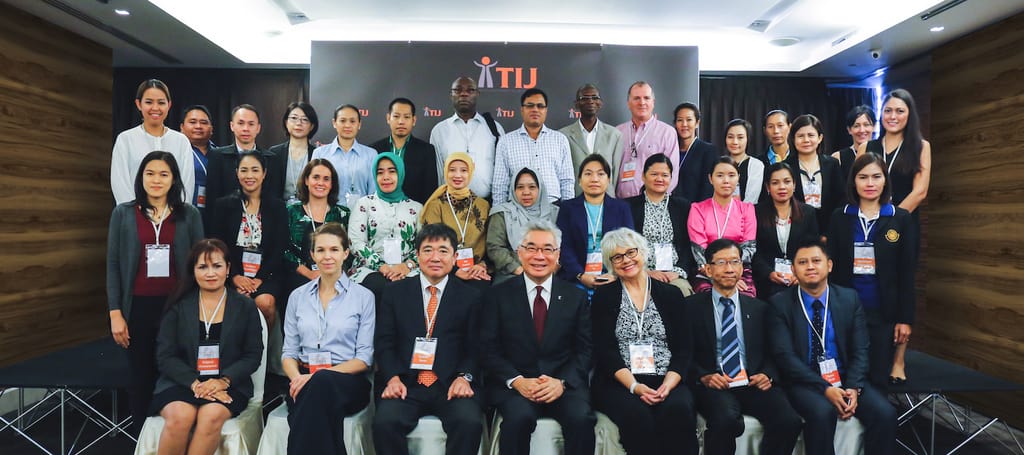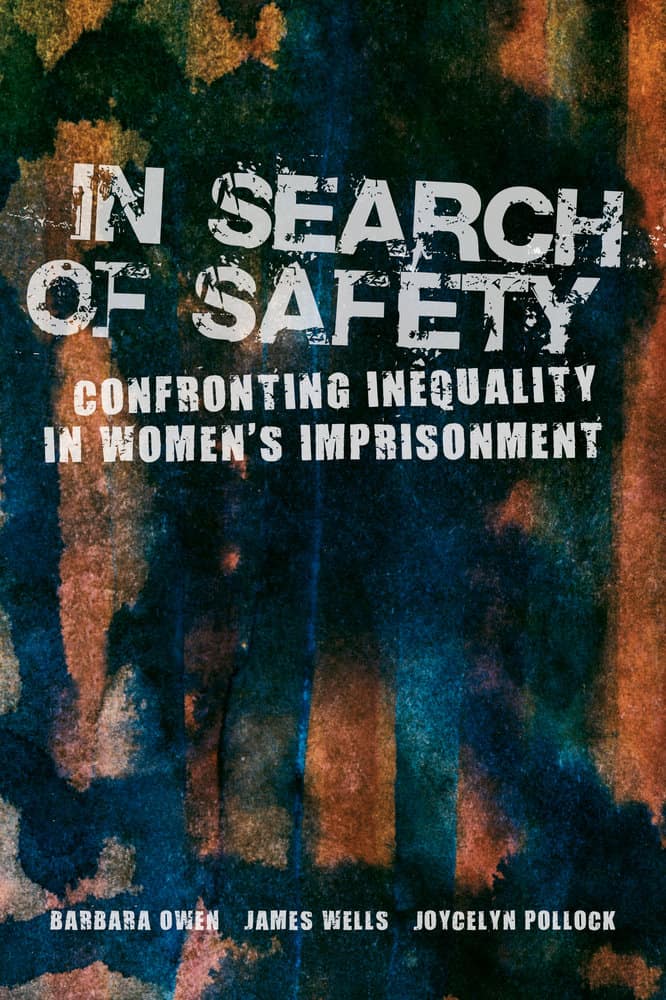This post is published prior to Human Rights Day (December 10) and after the American Society of Criminology conference (November 16 – 19). #ASC2016 #HumanRightsDay
by Barbara Owen, co-author of In Search of Safety: Confronting Inequality in Women’s Imprisonment
The United Nations Rules for the Treatment of Women Prisoners and Non-custodial Measures for Women Offenders or the Bangkok Rules outlines a human rights approach to the management of women in prison. In the United States, most prison operational practice is based on a version of civil rights; the Bangkok Rules and other international instruments are based on human rights- a very different approach. While few US prison system rely on a human rights perspective, the rest of the world has been more open to the human rights approach with its emphasis on the respect and dignity of all persons, regardless of their legal status.
As researchers who study women in conflict with the law know, women in prison require a separate approach than those designed for men. Despite their small share in prison population, the number of women prisoners worldwide has significantly increased at faster rate than men over the past decade. Across the globe, women prisoners share common background which shapes their pathways to prison. Many have similar histories of abuse and trauma, limited opportunity to education and work. Some have substance abuse, mental and physical health problems. Without appropriate support and gender sensitive treatment, women prisoners are at risk of re-victimization in prison settings and reoffending.

Since 2008, I have had the enormous pleasure of working with the Thailand Institute of Justice (TIJ) in developing, implementing and measuring human rights through in women’s prisons. This post outlines the work I was privileged to develop in August of this year. The Bangkok Rules also requires UN member states (which are mostly countries) to collect survey and profile data on women in prison. To date, surveys that I developed with my colleagues at TIJ have been administered in almost all the Southeast Asian countries.

Based on the Bangkok Rules and my on-going research on imprisoned women, I was part of a team that designed a two-week program training program that aimed to provide guidance and practical knowledge on translating the Bangkok Rules and other human rights instruments into practice. The program was delivered to team form 12 different countries, most were from Southeast Asia, with additional participants from Kenya and Sri Lanka. Using polling software, I developed a Self-Assessment process that provided immediate feedback and spurred discussion among the 20 participants. In addition to rating their compliance and progress toward implementing the Bangkok Rules and other relevant human rights instruments, the self-assessment process structured discussions of challenges and solutions of gender-sensitive prison management, sets priorities, and helps to develop a preliminary Action Plan.
The Self-Assessment process and the overall training was an enormous success. These pictures provide a glimpse into this program. Cambodia has invited us to a follow-up conference next year. I have long been discouraged about the progress of US prison systems to implement a gender-responsive approach to managing women’s prisons. My work with the Thailand Institute of Justice has given me new hope that prison systems can incorporate both human rights standards and gender-sensitive management practices.
 My ASC presentation, “Measuring the Bangkok Rules” will describe the survey research and the Self-Assessment process. Come on by Wednesday morning and hear about this very exciting work. I also invite readers to look at additional work around the Bangkok Rules conducted by the TIJ and another partner in this work at Penal Reform International.
My ASC presentation, “Measuring the Bangkok Rules” will describe the survey research and the Self-Assessment process. Come on by Wednesday morning and hear about this very exciting work. I also invite readers to look at additional work around the Bangkok Rules conducted by the TIJ and another partner in this work at Penal Reform International.
Barbara Owen is Professor Emerita at California State University, Fresno and co-author of In Search of Safety: Confronting Inequality in Women’s Imprisonment alongside James Wells and Joycelyn Pollock.

